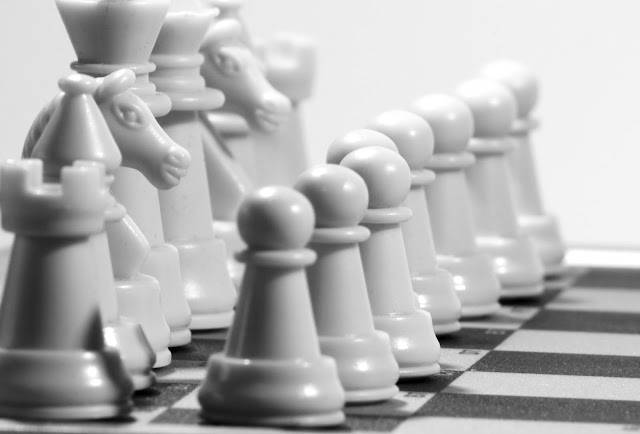“What to do with so much information?” The importance of a solid chess preparation
Surely one of the most disconcerting frivolous paradigms about chess is that it involves "a lot of information to memorize". A preconception that might discourage not a few people from learning a healthy way to develop their creativity and flexibility of thought.
That however, as 'obvious' as it may sound, is not true.
How, then, could strong players make their moves at fast paces of play, in which they have very little time to think, let alone wring out of their memory the endless streams of patterns and positions they have studied at the moment?
It often seems that they don't even think to make their moves.
And I mean good moves.
Such an intuitive dexterity for flowing with the tactics and strategy of the game must arise from something more than just rote memorization of rules, variations, patterns, etc.…
Musashi Miyamoto
What is true is that chess involves a lot of information to process... and in this sense, it is prudent to consider that the difference between memorizing and processing the game's information lies in the sensitive command of its rudiments.
Actually, only a few theoretical concepts are those that have to be taken into account to understand the logic of playing chess... A basic preparation, in any case, should consist of:
- Analysis Technique,
- Positional Assessment System, and
- Calculation Method
Of course, such concepts cannot be considered as some kind of "universal magic formula" that reveals all the answers. The player's criteria is in this case essential to discern the nuances that more or less influence the decisions that can be made. So that the large amount of information is not overwhelming, but rather intelligible to process rationally.
C.J.S. Purdy
Thus, as we integrate logical and objective criteria into our thinking approach to interpret the realistic needs of one or another strategic situation, from its practical foundations, the dilemma of "what to do with so much information" from the game will in any case be more a question of what not to do with so little information.




Comments
Post a Comment